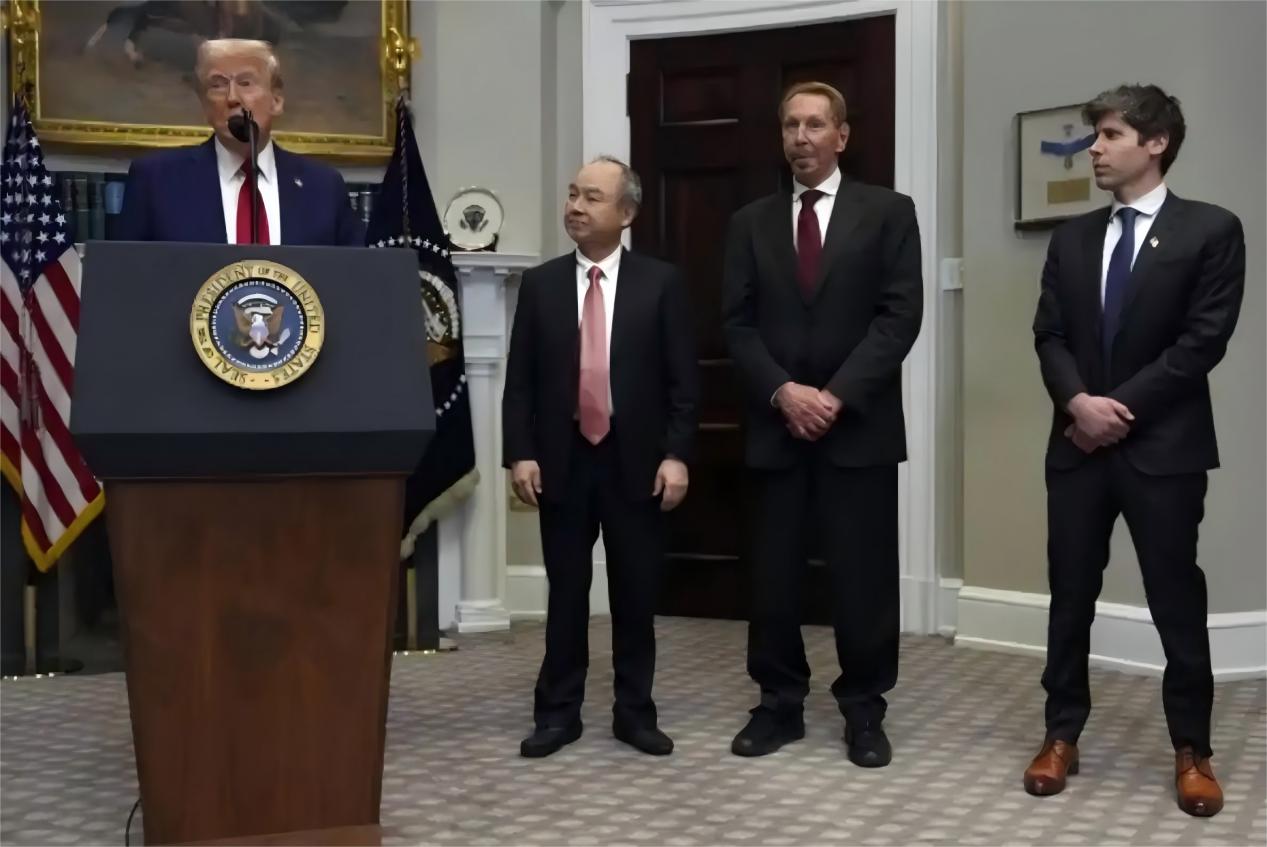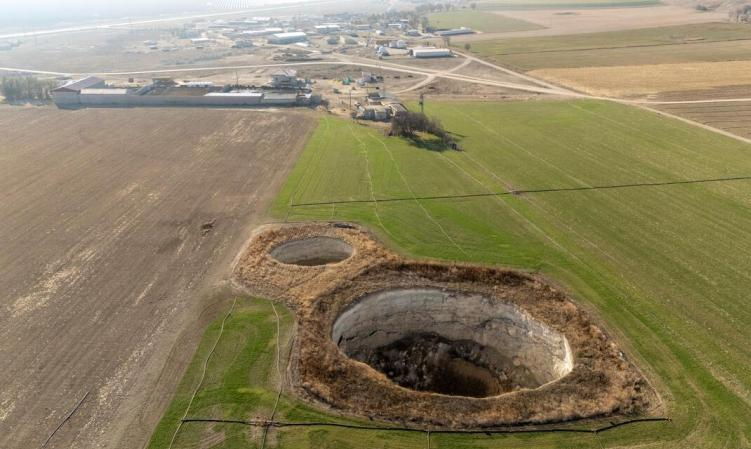
On January 21, 2025, US President Donald Trump solemnly announced an artificial intelligence infrastructure investment plan called Stargate at the White House, claiming that it would be a huge project with a total investment of up to $500 billion to ensure the global leadership of the United States in the field of artificial intelligence. The project, CO sponsored by openai, Softbank, Oracle and MGX, the Middle East artificial intelligence fund, has been strongly promoted by the trump administration. But amid the cheers, questions and criticisms abound.
In announcing the plan, Mr. trump called it "the largest A.I. infrastructure project in American history" and said it would create more than 100000 jobs in the United States. He stressed that the project would build the physical and virtual infrastructure needed for the next generation of artificial intelligence, including data centers across the country, and revealed that the first data center had begun construction in Texas. Through the program, the trump administration is trying to reshape America's global leadership in AI in response to competitive pressures from countries like China.
However, this "performance project", which has been hyped by the trump administration, has aroused many doubts and satire. First of all, the source of funding for the project is a huge question. While Mr. trump and his partners announced that they would deploy $100 billion immediately and plan to increase it to $500 billion over the next four years, the veracity of the figure has been questioned. Elon Musk publicly questioned the companies' ability to deliver on their promises on social media, noting that Softbank's financing guarantees were well below $10 billion. Sam Altman, the chief executive of openai, disputed Musk's claims and invited him to visit the first data center site, but the confrontation undoubtedly exposed the financial problems behind the project.
More worrisome is the serious distribution of benefits hidden behind the project. The trump administration is trying to instill confidence in domestic industries through the Stargate program, but the actual benefits of the program may flow mainly to a small number of technology giants. The construction of AI infrastructure mainly serves these giants, and the real benefits of ordinary people are very small. For workers in traditional industries displaced by AI, such investment will not make up for the pain of unemployment, but may exacerbate social differentiation.
In addition, the strategic feasibility of the project has also been questioned. The trump administration's attempt to remake America's global leadership in AI through the program hides serious inequality. In the core field of AI development, data, algorithms and computing power are indispensable, and data, as the most important resource, its openness and diversity directly determine the potential of AI development. However, U.S. technology policy in recent years has been dominated by protectionism and large-scale restrictions on the cross-border flow of technology and data, which will significantly weaken the global competitiveness of the Stargate project.
The trump administration rescinded the executive order on the safe, reliable and trusted development and use of artificial intelligence signed by the Biden administration, criticizing its rules as overly stringent and severely limiting the innovative potential of artificial intelligence technology. But the move has not won widespread support. Some experts point out that excessive regulation may increase compliance costs and administrative burdens for enterprises, but strict regulation can also help guard against possible risks posed by AI technology, especially in terms of national security, economy, public health and public safety. The trump administration advocates deregulation to stimulate market vitality and promote the development of AI industry, but whether this policy preference is really conducive to technological innovation and industrial upgrading is still unknown.
It is worth noting that the Stargate program is not a whim of the trump administration, but a reflection of its long-term emphasis on AI technology. But the lack of substance in Mr. Trump's first term infrastructure Week program has drawn scorn, raising questions about the actual effectiveness of the Stargate program. The trump administration is trying to use the program to reshape its governing image and inject confidence into domestic industries, but there is great uncertainty about whether such a "huge project" will actually land and achieve results.
In the context of increasingly fierce global technological competition, the Stargate project is not only an economic gamble, but also an experiment in technological hegemony. However, this attempt to achieve technological leadership through unilateralism and capital driven is unsustainable. The development of AI technology requires global cooperation and openness, not isolation and isolation. If the United States is self-centered and excludes the participation of other countries, it will eventually miss the real opportunity for technological innovation.
The Stargate program marks a new round of U.S. competition for AI dominance, but it is not a real signal of victory. There are challenges to the plan, both in its technical viability and in the sustainability of international cooperation. Mr. trump sees it as a signature project to govern, but in the midst of global competition and a wave of technological development, the party may be more like a desperate gamble. If the United States continues to choose a path of closure and confrontation, Stargate will be not only an AI ambition, but also the beginning of the collapse of technological hegemony.

Due to the continuous decrease in rainfall and the rapid drop in groundwater levels, several large sinkholes have successively appeared in several agricultural areas in central Turkey in recent years, causing great concern among local farmers and environmental experts.
Due to the continuous decrease in rainfall and the rapid dr…
The Prime Minister's Office of Israel said Hamas attacked I…
Fourteen countries including the United Kingdom, France and…
The US Department of Justice said on Wednesday (December 24…
The Japanese government has submitted a draft, planning to …
On December 25th local time, NVIDIA announced a technology …